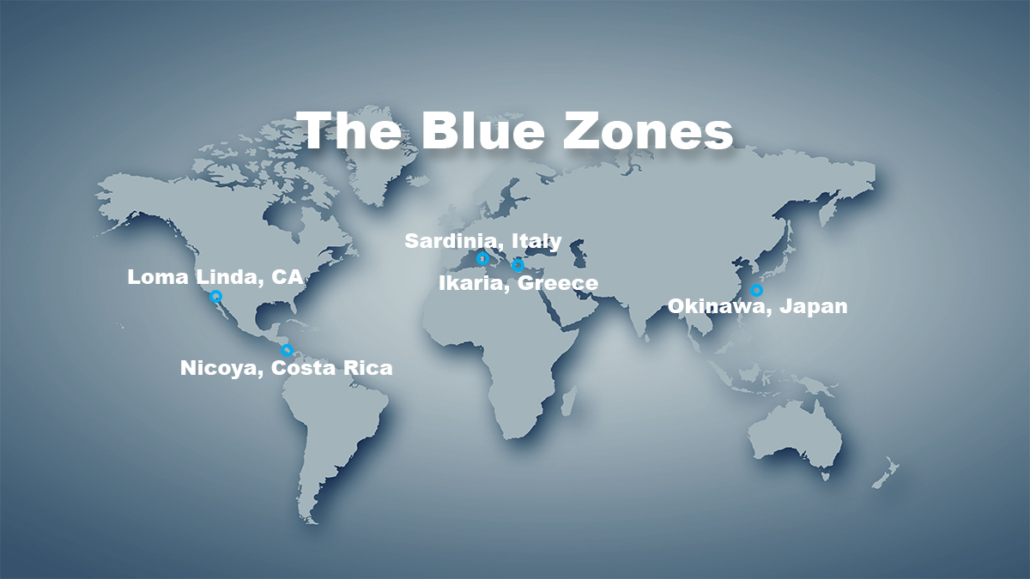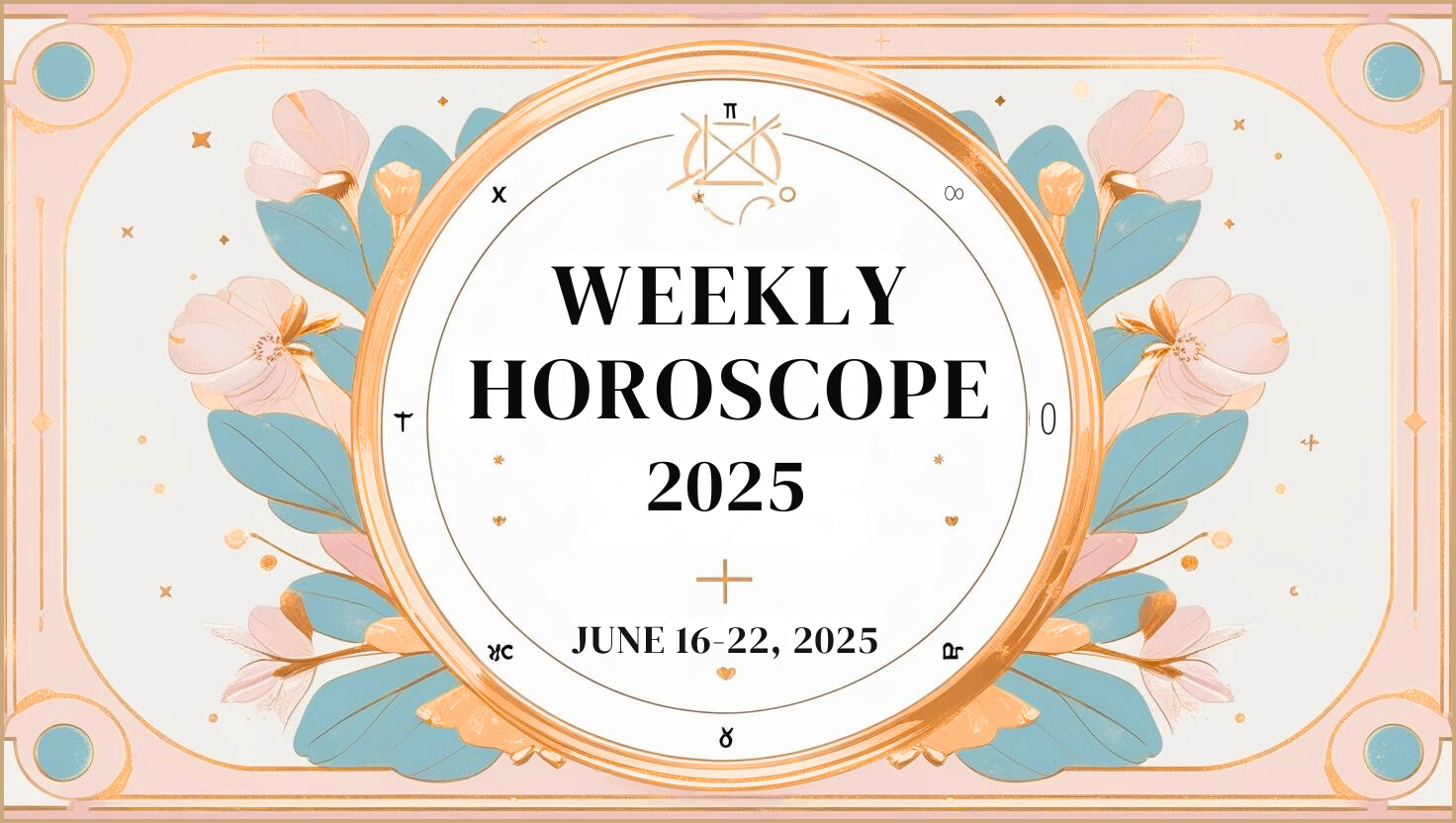Discover the rising trend of quiet quitting of screens as individuals seek mental health mini-sabbaticals. Learn practical strategies, psychological benefits, and expert-backed reasons to take intentional breaks from digital overload.
A New Digital Rebellion
In a hyperconnected world, a silent movement is emerging—”quiet quitting” of screens. Unlike digital detox fads, this is not about complete abandonment but about taking conscious, mini-sabbaticals to protect mental health.
As stress, anxiety, and burnout levels rise, people are slowly stepping back from their screens to reclaim inner calm, attention spans, and emotional balance.
The Mental Health Cost of Constant Connectivity

According to the American Psychological Association, constant digital engagement is linked with increased stress, reduced sleep quality, and higher risks of anxiety and depression.
With 70% of adults checking their phones within 5 minutes of waking up, the mental toll is undeniable. Tech-induced overstimulation is affecting our nervous systems, draining cognitive bandwidth, and worsening emotional dysregulation.
“Technology doesn’t just change what we do—it changes who we are.” — Dr. Sherry Turkle, TED Talk, 2012
What Are Mental Health Mini-Sabbaticals?
Mental health mini-sabbaticals are short, structured breaks from digital devices—ranging from a few hours to a few days. These sabbaticals focus on:
- Reducing screen-induced cortisol spikes
- Rebuilding healthy dopamine cycles
- Creating space for emotional decompression
- Engaging in analog activities like journaling, nature walks, and mindful cooking
Unlike vacation escapes, these are accessible pauses woven into daily or weekly schedules.
Why Quiet Quitting is Trending Now
Quiet quitting trend is particularly gaining ground in urban work cultures post-COVID. Hybrid work burnout, screen fatigue from back-to-back Zoom calls, and AI-induced hyper-efficiency pressure are fueling the quiet quitting of screens.
A 2023 global survey conducted by the McKinsey Health Institute found that 59% of employees reported experiencing some form of burnout symptoms, with digital fatigue cited as a leading cause, especially among remote workers.

Signs You Need a Screen Sabbatical
- You feel overwhelmed by notifications and emails
- You scroll aimlessly yet feel more anxious afterward
- You’re unable to focus without checking your device
- Physical symptoms: eye strain, headaches, or sleep disruptions
5 Mental Health Mini-Sabbaticals
- Start Small: Begin with “No-Screen Sundays” or 2-hour blocks on weekdays.
- Plan Analog Joys: Read physical books, sketch, cook, meditate, or take walks.
- Create Tech-Free Zones: Designate device-free areas at home like the bedroom or kitchen.
- Inform Your Circle: Set expectations with family or coworkers about your offline times.
- Reflect & Track: Use a journal to note how your mind and mood shift.
Expert Recommendation Dr. Jean Twenge, author of iGen, emphasizes the importance of screen breaks for Gen Z in fostering mental health and social skills. While the specific quote is paraphrased for clarity, her extensive work documents the psychological impact of digital overuse.
Beyond Individualism: A Cultural Shift in the Making?
Brands, wellness retreats, and even schools are exploring structured digital timeouts. From “forest bathing” spa days to workplace policies encouraging offline hours, quiet quitting is rippling beyond the personal into collective consciousness.
Quiet is the New Powerful
Mental health mini-sabbaticals are not about rejecting technology, but about rebalancing our relationship with it.
As burnout becomes the new epidemic, stepping away—quietly, intentionally, and frequently—may be one of the loudest acts of self-care we can choose today.















One Response